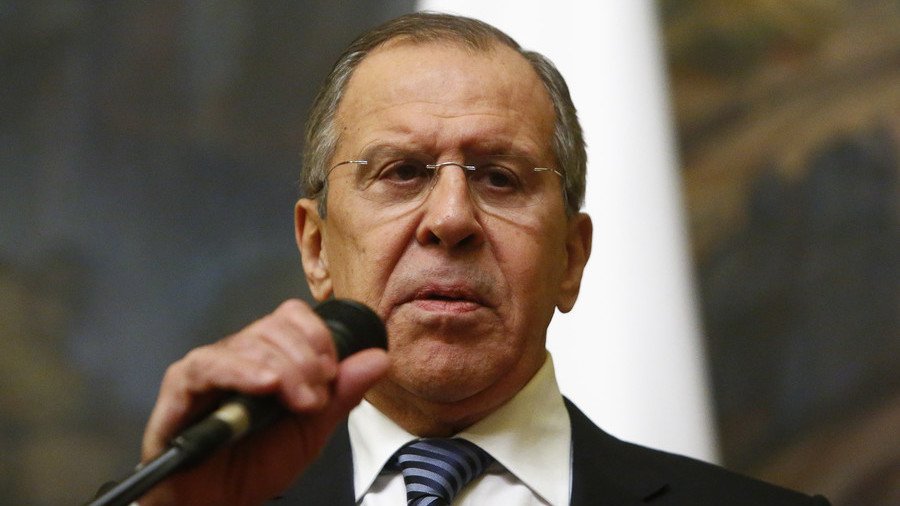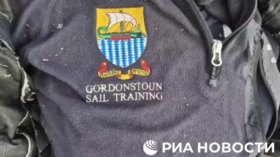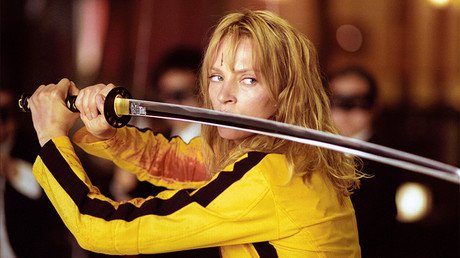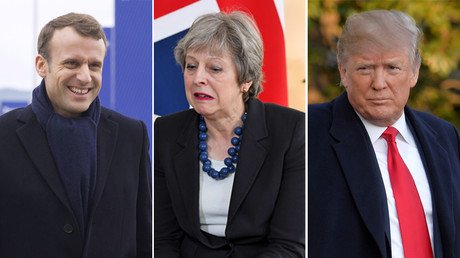Trust between Russia and US nearly lost, but not zero – Lavrov to BBC

Russia is losing the last remnants of trust with its US partners after unsubstantiated claims of a Syrian chemical attack and the Skripal poisoning case, Russian FM Sergey Lavrov told the BBC, adding that some trust still remains.
BBC HARDtalk’s host Stephen Sackur started his interview with Lavrov by stating: “You say there’s no trust, you mean, zero trust, now between Russia and the US…” But the Foreign Minister corrected the journalist, saying that: “I said we’re losing the last remnants of trust, which is not yet zero.”
Lavrov said that the current state of relations between Russia and the West is “worse” than during the Cold War. Back then, “there were channels of communication and there was no obsession with Russophobia,” but now the number of such channels has significantly decreased, he explained. Still, the “de-conflicting channel was engaged all the time” between the Russian and the US militaries, Lavrov added.
“We don’t accept” the Western claims that the missiles strikes on Syria only targeted chemical facilities and weren’t aimed at promoting regime change in the country, Lavrov said. “You have hard talk. We want hard facts,” he added.
Trump still wants to meet Putin but has no specific dates – White House https://t.co/Fp29mYECELpic.twitter.com/PqQmAiDaWa
— RT (@RT_com) April 16, 2018
When asked if there was a real threat of a direct military conflict between Russian and American forces over the missile strikes on Syria by the US and its allies, the FM replied: "Well, I don't think that was very close.”
“I believe it was a situation created by very reckless behavior of our Western colleagues, who accused the Syrian government and us as allies of the Syrian government of applying chemical weapons against civilians without waiting for the OPCW [Organization for the Prohibition of Chemical Weapons] to inspect the place," he said.
The FM reiterated that “there is no proof that on April 7 chemical weapons were used in Douma” and that the claimed attack was staged. All the so-called evidence of Syrian government’s guilt that is being provided by the Western leaders is “based on the media reports and on social networks,” he added.
“When some time ago the three western countries, who are leading this crazy campaign said: ‘if Assad uses chemical weapons then we would use force.’ I believe that was a signal to the bad guys, including the White Helmets to stage a provocation,” Lavrov said. “Now after they stuck on April 14, they say again if you do this again we will use force again – this is another invitation to the opposition; to the extremists to resume fighting, which they did already. They tried to attack Damascus immediately after the strike.”
READ MORE: Russia didn’t tamper with site of alleged Douma chemical attack – Lavrov to BBC
It was “ridiculous” when UK Prime Minister Theresa May sanctioned Russia after saying that it “highly likely” behind the poisoning of former double agent Sergei Skripal in Salisbury, Lavrov said.
“‘Highly likely’ is a new invention of the British diplomacy to describe why they punish people – because these people are ‘highly likely’ guilty. Like in ‘Alice in Wonderland’ by Lewis Carroll when he described a trial… and the King said: ‘Let’s ask the jury’ and the Queen shouted: ‘No jury! Sentence first! Verdict afterwards!’ That’s the logic of ‘highly likely,’” he explained.















